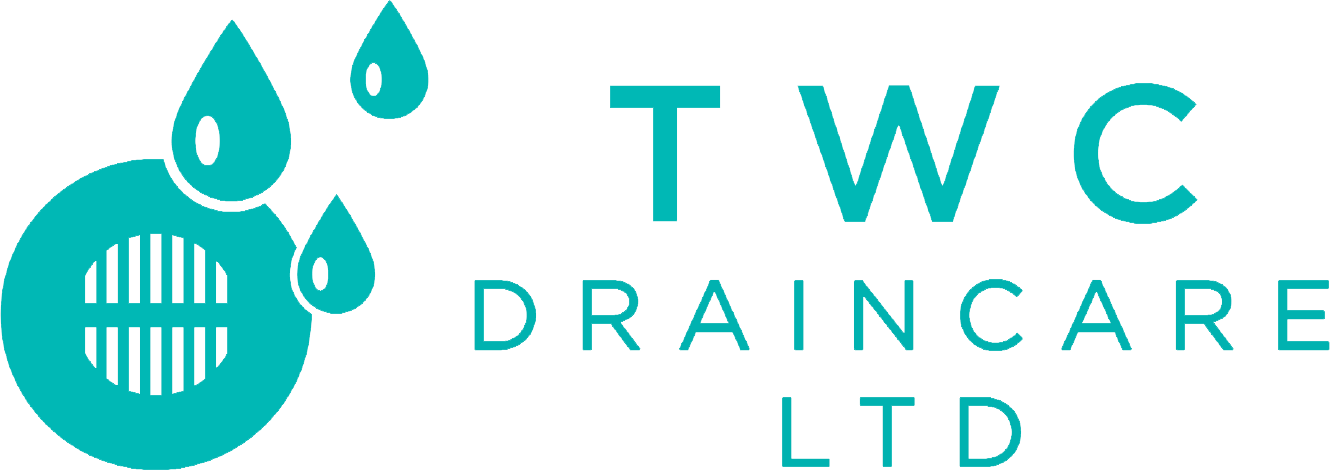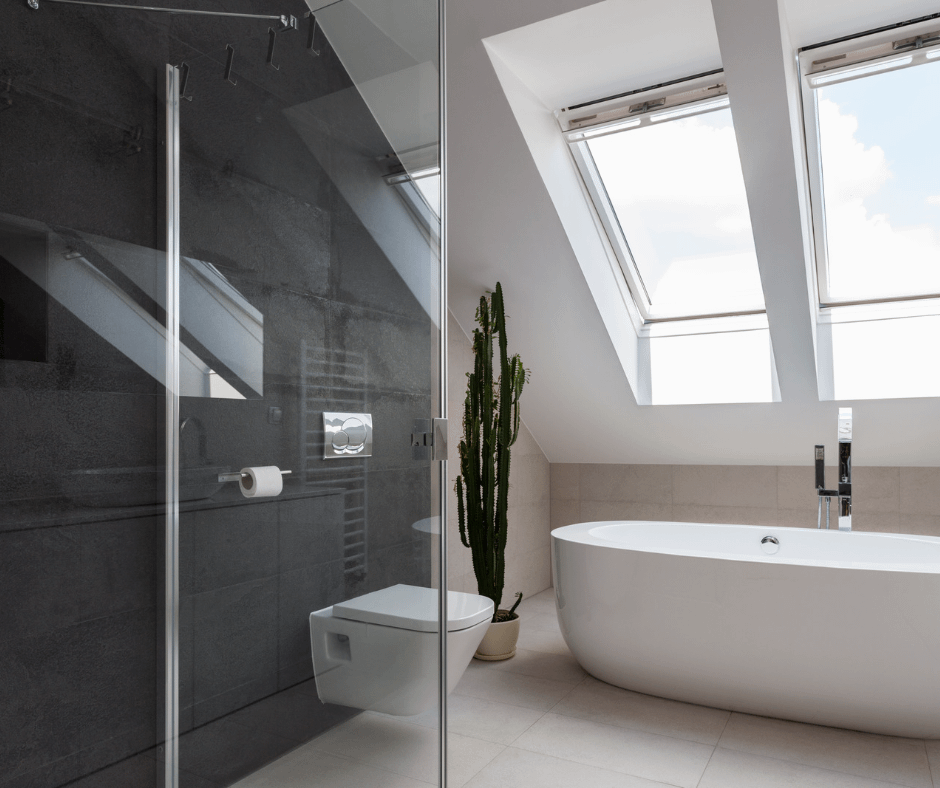Drain blockages can be expensive to fix, and calling an expert, waiting for them to arrive, and then having the problem fixed could take time away from the more important things going on in your life. At TWC Drain Care, we’re happy to help promptly and efficiently, but we would prefer if you never needed to call us at all; so this week, we are giving you some advice on how to prevent blockages from forming in the first place.
Kitchen Sinks
A kitchen sink (whether in a residential property, or a break room in an office or commercial building) can become blocked relatively easily, due to the nature of its usage. You should always use the hottest water that you can when washing up or rinsing, as this can help to melt down and wash away any fat, food, oil or grease that might be clinging to the inside of your pipes.
Showers and washrooms
Showers and washroom drains can accumulate hair and various personal grooming products, which can lead to larger blockages as they get washed away. Remember to clean away debris from your shower drain after each use, and your drains are far less likely to be clogged. Another key point for the washroom is that you should never flush sanitary products, cotton wool, wet wipes, or anything other than toilet paper. Even “flushable” wet wipes do not break down enough to avoid issues with your plumbing!
Drain Guards
Of course, avoiding unsuitable materials gaining access to your drainage in the first place is the ideal scenario, so purchasing a drain guard is the perfect way to catch debris, which can then be easily disposed of and cleaned before replacing. Some are specifically designed for showers (to catch excess hair), and others can be fitted to a kitchen sink or bathroom basin.For more tips and advice on how to take care of your drains, you can contact our experts.

